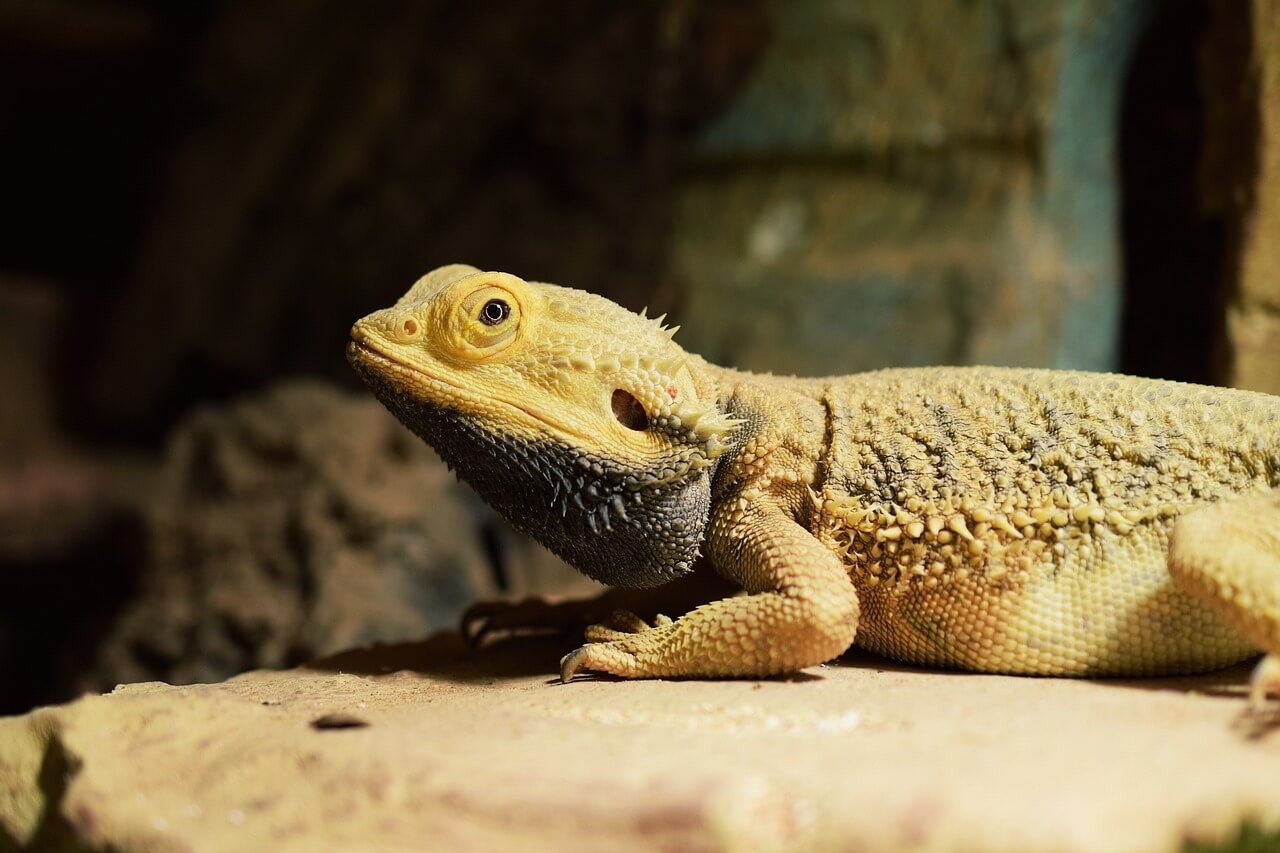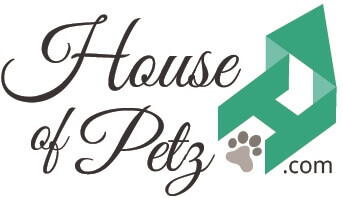If you’re a bearded dragon’s proud owner, you know that providing for its needs goes beyond a simple trip to the pet shop. As omnivores, bearded dragons consume both meat and vegetation. Giving children a balanced diet that covers all their nutritional requirements can be challenging.
In this post, we’ll delve into the world of bearded dragon gastronomy and offer a foodie’s guide to feeding reptiles. We’ll go through everything, including the finest foods to feed your bearded dragon and meal preparation techniques.
Introduction
Bearded dragons are intriguing animals with particular feeding requirements. Knowing what to feed your bearded dragon is critical to maintaining its health and happiness as a responsible pet owner. Even though it might seem difficult at first, once you get the hang of it, feeding your bearded dragon can be a rewarding and enjoyable experience.

A Balanced Diet is Important for Bearded Dragons
A balanced diet with a range of nutrients is necessary for bearded dragons to thrive. They would consume a variety of insects, plants, and even small mammals in the wild. Your responsibility as a pet owner is to reproduce this diet as closely as possible.
The following should be part of a bearded dragon’s balanced diet:
- Protein: is essential for bearded dragon growth and maintenance of bodily functioning. Mealworms, Dubia roaches, and crickets are all excellent sources of protein.
- Vegetables: A balanced diet should include leafy greens and vegetables to provide bearded dragons with fibre and other necessary nutrients. You may feed your bearded dragon healthy foods like collard greens, kale, and butternut squash.
- Fruit: Bearded dragons occasionally appreciate a slice of fruit as a treat, despite not making up most of their diet. Strawberries, raspberries, and blueberries are all excellent fruit choices.
- Calcium: Bearded dragons require calcium and vitamin D3 to maintain healthy bones and fend off metabolic bone disease. By sprinkling a calcium powder on their Bearded dragon food, you can provide them with calcium.
It’s crucial to remember that your bearded dragon’s nutritional requirements will vary according to its age, size, and degree of activity. A young bearded dragon will require more frequent feedings than an adult.
The Best Foods for Bearded Dragons
Let’s look more closely at the finest things to feed your bearded dragon now that we know what a balanced food for bearded dragons should consist of.
Insects
Bearded dragons can get a lot of protein from insects. Some of the top choices are:
- Crickets: A common food for bearded dragons is crickets. They are affordable and simple to find at pet stores. Before giving crickets to your bearded dragon, make sure to gut-load them. To do this, feed them nutritious foods before giving them to your pet.
- Roaches: An excellent substitute for crickets is dubia roaches. They are a good option for your bearded dragon because they are high in protein and low in fat. Additionally, they are less likely than crickets to harbour parasites.
- Mealworms: Mealworms are an excellent choice for bearded dragons. However, they should only be given occasionally. Since they are high in fat, eating too many of them can result in obesity.
Vegetables
A combination of leafy greens and vegetables must be included in the diet of bearded dragons. Some of the top choices are:
- Collard Greens: Collard greens are a fantastic vitamin A and calcium source. They don’t contain a lot of oxalates, which can prevent calcium from absorption.
- Kale: Kale is a vegetable rich in nutrients and offers a range of vitamins and minerals. Due to its high oxalate content, it should only be used in moderation.
- Butternut Squash: Butternut squash is a wonderful source of fibre and vitamin A. Additionally, it’s a fantastic method to give your bearded dragon’s food more diversity.
- Bell peppers: Bell peppers provide an excellent source of vitamin C and give your bearded dragon a satisfying crunch.
Fruits
Fruits can be a wonderful treat for your bearded dragon, but they should only be given to them in moderation. The following are some of the top fruit choices:
- Berries: Berries are a wonderful source of fibre and vitamin C. They are healthier than other fruits since they contain less sugar.
- Blueberries: These tasty treats are full of antioxidants and are perfect for your bearded dragon.
Food to Avoid for bearded dragon
Certain foods should be avoided as they can be harmful to their health. Here are some foods to avoid feeding to your bearded dragon:
- Insects with hard exoskeletons: Avoid feeding your bearded dragon insects with tough exoskeletons, such as beetles or certain bugs. These can be difficult for them to digest and may cause impaction.
- Citrus fruits: Bearded dragons should not be given citrus fruits like oranges, lemons, or grapefruits. The high acidity in these fruits can upset their digestive system.
- Avocado: Avocados are toxic to bearded dragons and should never be fed to them. They contain a substance called persin that can be harmful to reptiles.
- Rhubarb: Rhubarb contains oxalates, which can bind calcium and interfere with a bearded dragon’s calcium metabolism. Avoid feeding rhubarb or any other high-oxalate vegetables.
Spinach and kale (in excess): While spinach and kale are generally nutritious, they contain high levels of oxalates, which can interfere with calcium absorption. It’s best to feed these greens in moderation and vary the diet with other vegetables. - Iceberg lettuce: Iceberg lettuce has minimal nutritional value and high water content, which can lead to diarrhoea and dehydration in bearded dragons. Opt for dark, leafy greens like collard greens or dandelion greens instead.
- Wild-caught insects: Avoid feeding them to your bearded dragon, as they may have been exposed to pesticides or parasites. Stick to commercially bred insects to ensure their safety.
Toxic plants: Bearded dragons should not have access to plants known to be toxic to reptiles, such as lilies, tulips, or daffodils. These plants can cause serious health issues if ingested.
How to Make Food for a Bearded Dragon
It is possible to make meals for your bearded dragon quickly and easily. Observe the following advice:
- Gut-load insects: Fill the insects’ stomachs with nutrient-dense foods before giving them to your bearded dragon. This will guarantee that the food you give your bearded dragon contains the maximum amount of nutrition.
- Dust with calcium: Before giving your bearded dragon food, dust it with calcium powder to ensure it contains plenty of minerals.
- To guarantee that your bearded dragon eats a well-balanced diet, mix things up by providing a variety of insects and veggies.
- Food should be chopped into proper portions because bearded dragons have small jaws and should not be exposed to choking dangers.
Conclusion
A balanced diet is essential for the health and happiness of your bearded dragon. You can ensure your bearded dragon receives all the required nutrients by providing a range of insects, veggies, and fruit. Remember to gut-load insects, sprinkle with calcium, and cut meals into acceptable sizes to prevent choking hazards.
